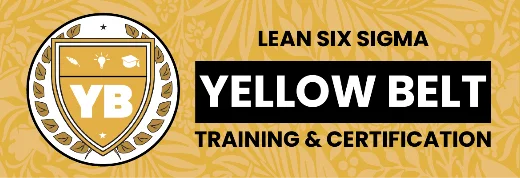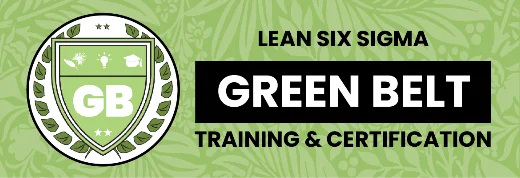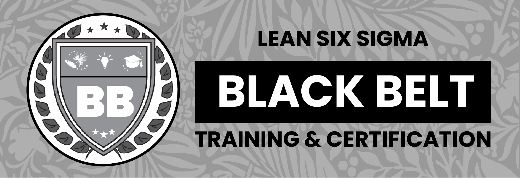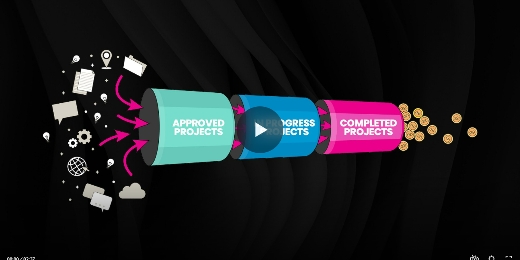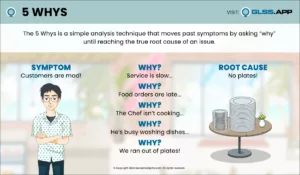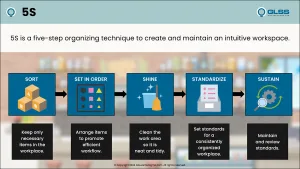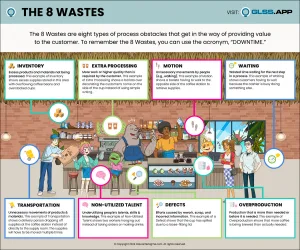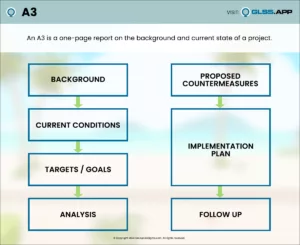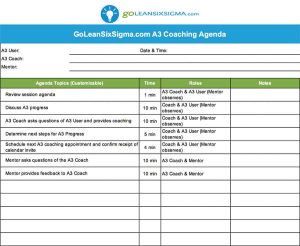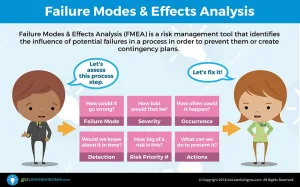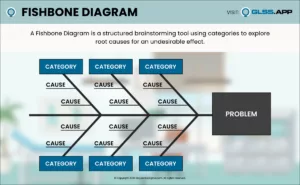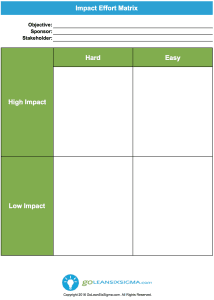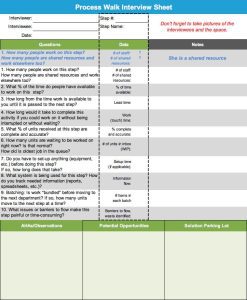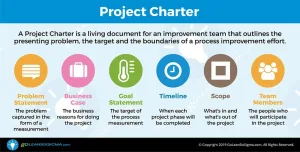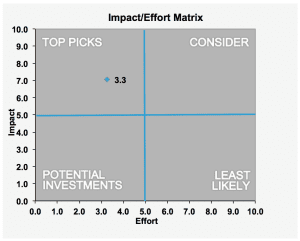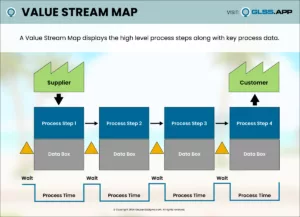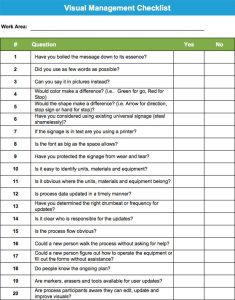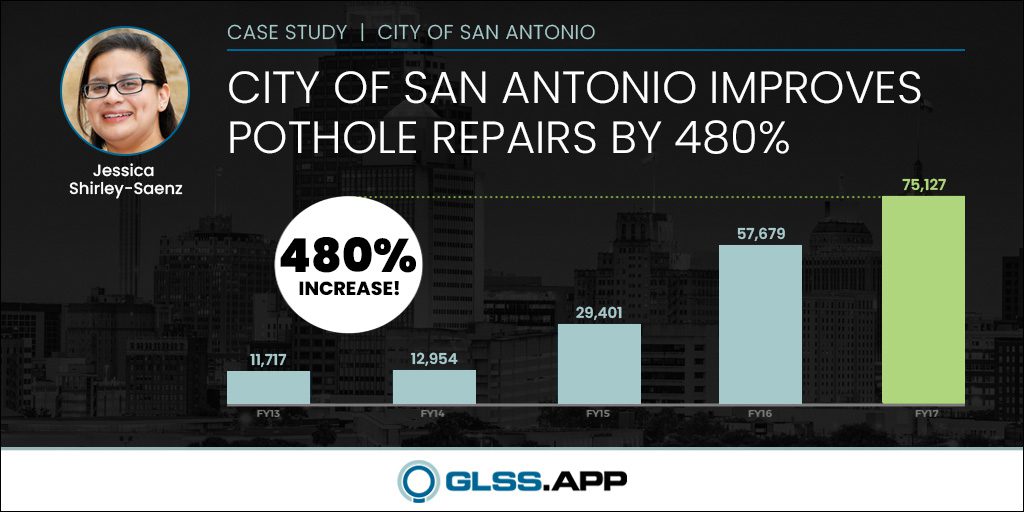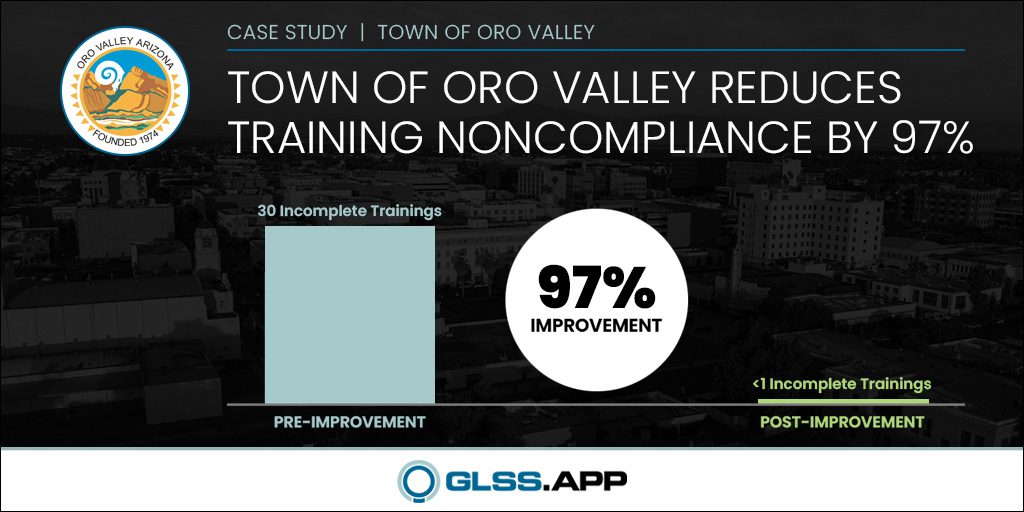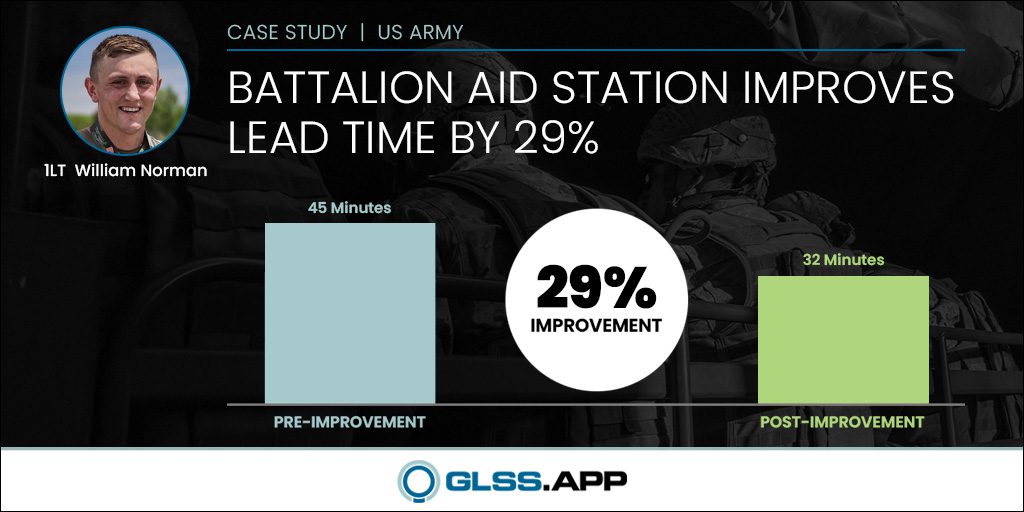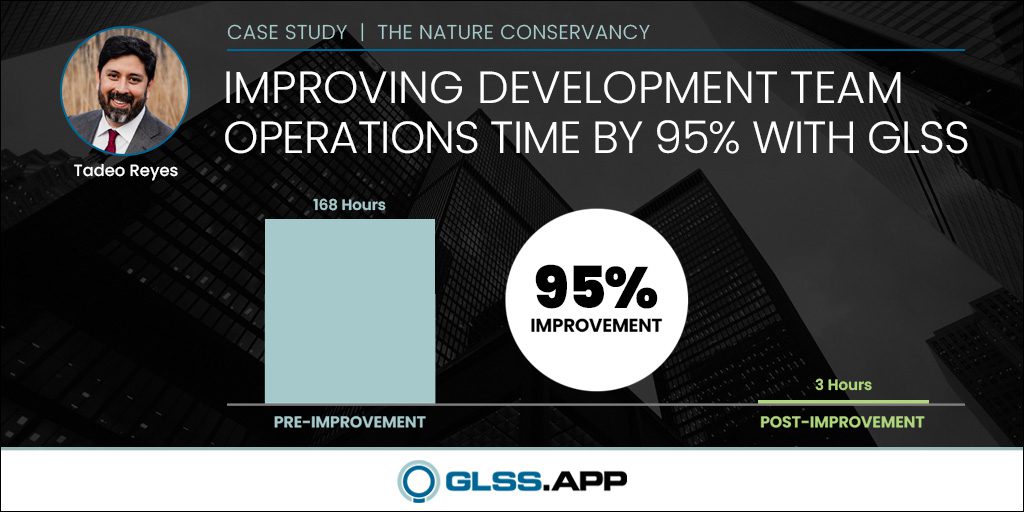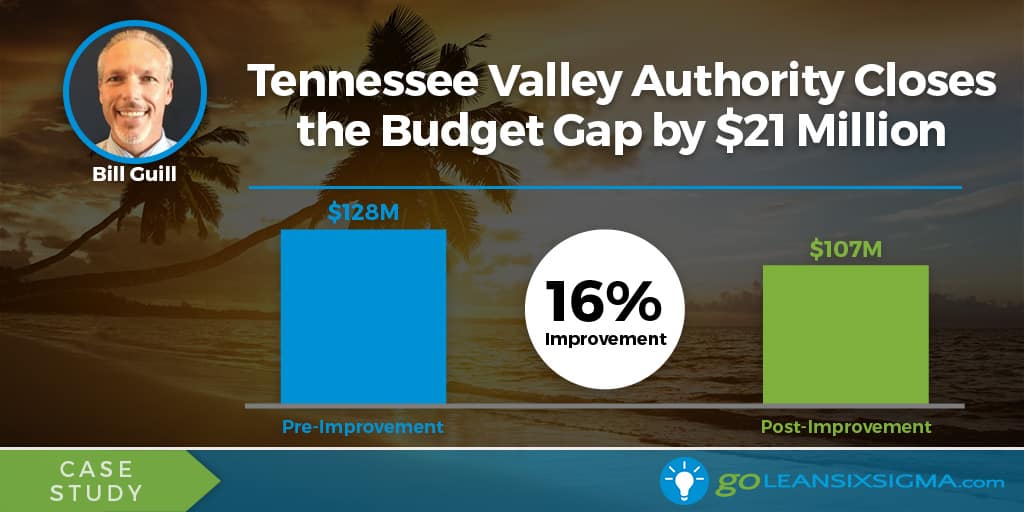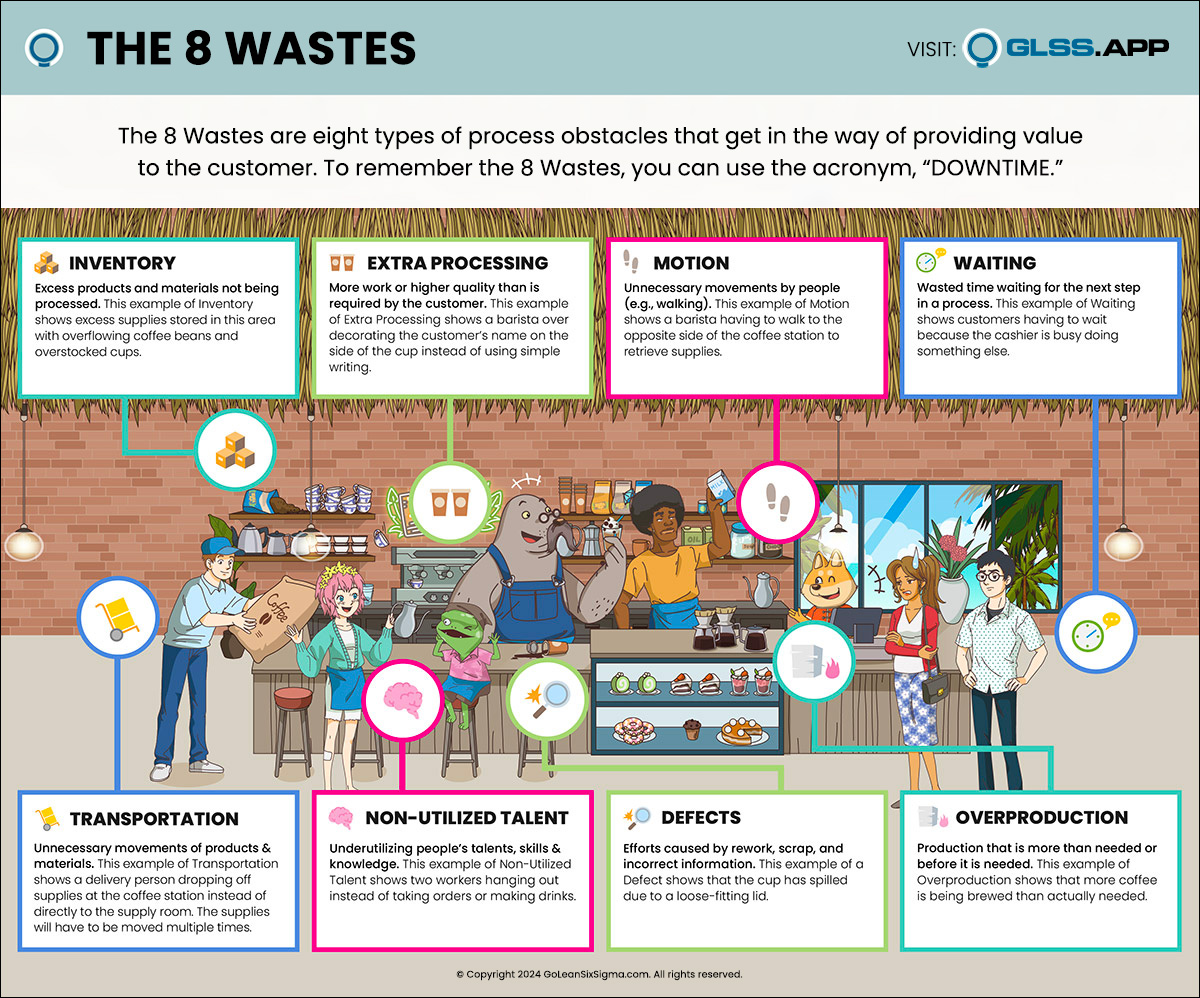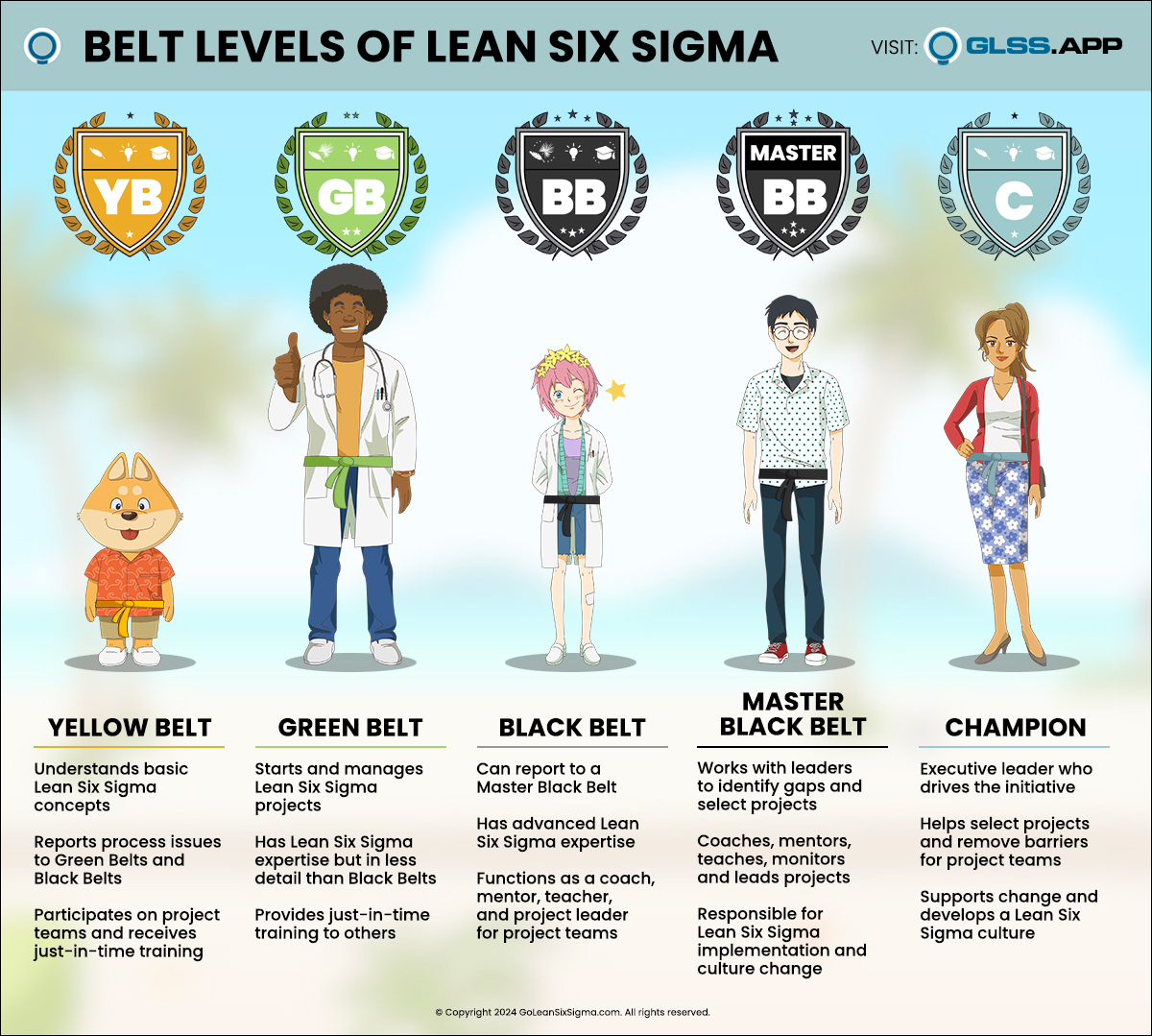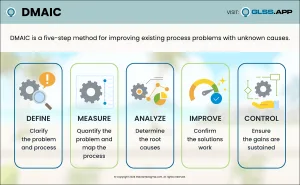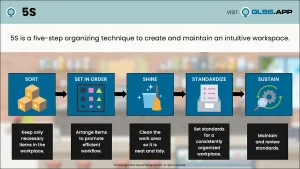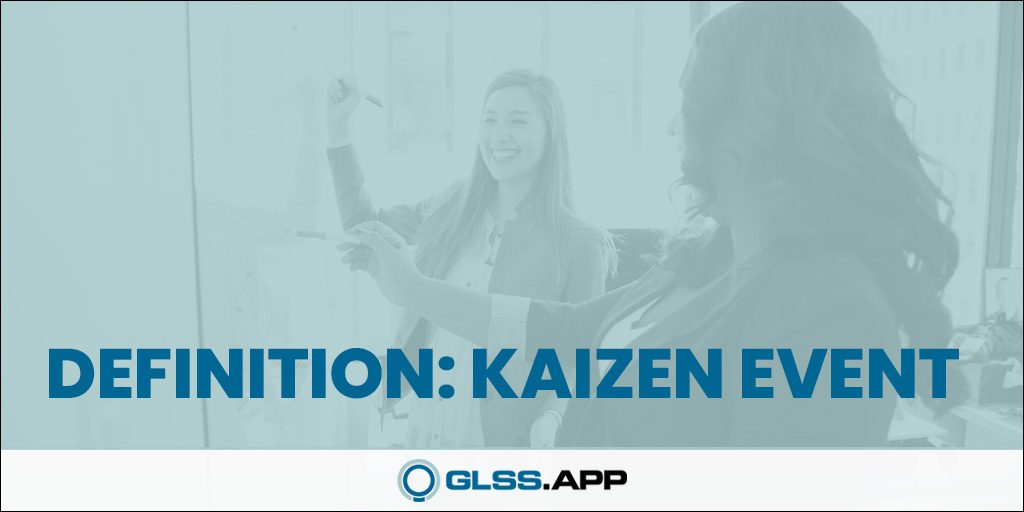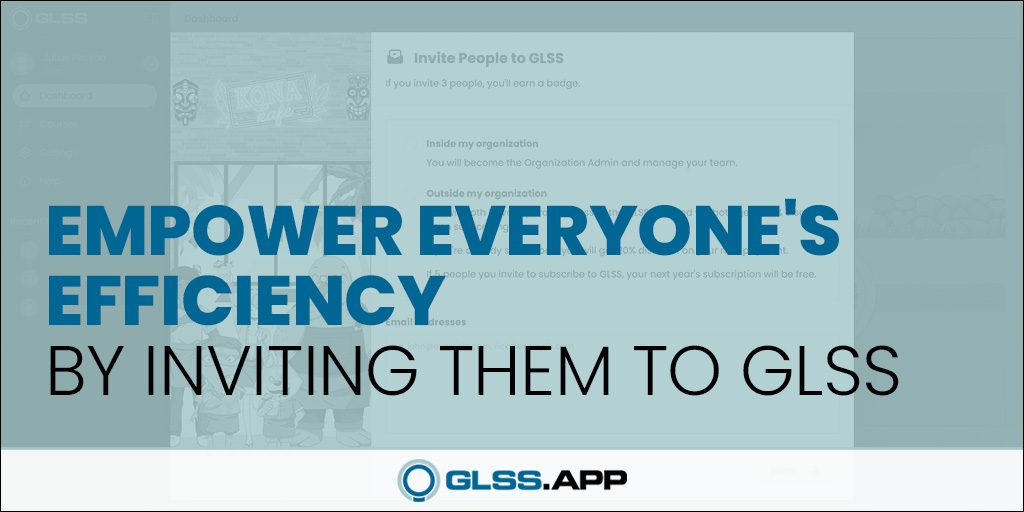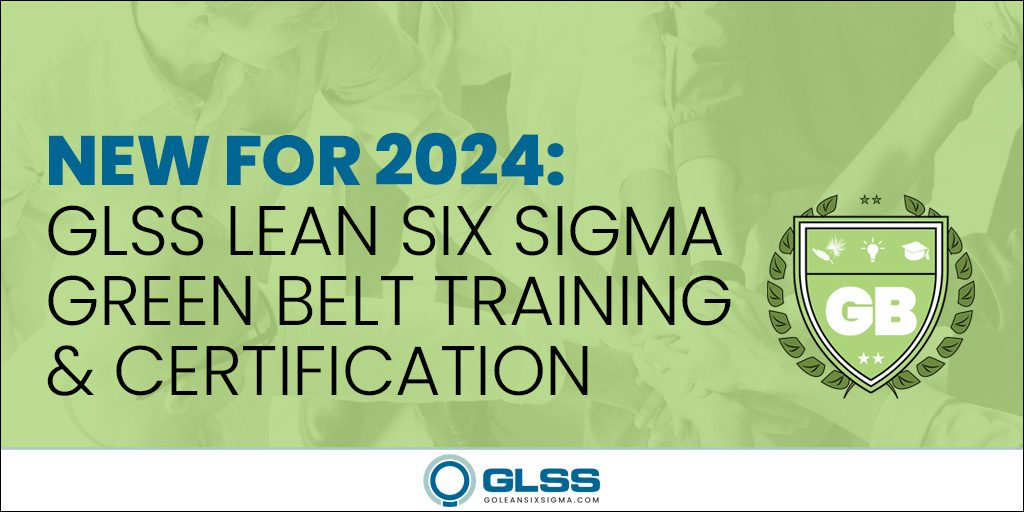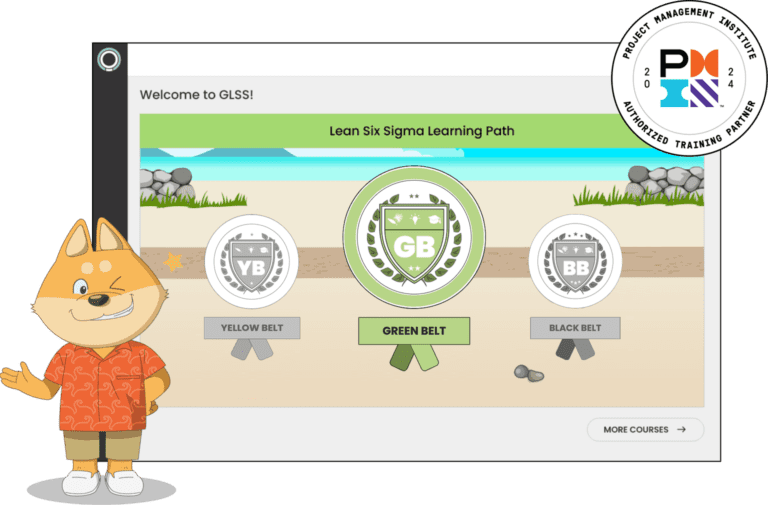
Whether you’re just starting your Lean Six Sigma journey, or you’re in the middle of improving a process, guidance from Experts can help make your efforts easier – and more successful! In this Expert Excerpt, we interview Dorsey Sherman who shares key insights to being successful with Lean leadership.
Dorsey is the Founder and Principal of Modèle Consulting. She teaches and coaches organizations to reach their full potential by practicing scientific thinking and strategy deployment.
With over fifteen years of experience, Dorsey has worked across a wide spectrum of environments including manufacturing, schools, nonprofit agencies, inpatient hospitals, acute rehab units, physician offices, and behavioral health settings. Dorsey has spent hundreds of hours coaching and teaching staff, managers and executives using a combination of deliberate practice and scientific thinking.
She has a bachelor’s in economics from Michigan State University and a master’s in health management and policy from the University of Michigan. Dorsey got her start at Henry Ford Health System in Detroit as a management engineer.
Most recently, Dorsey was a Senior Consultant at Mercy Health where she helped design and implement one of the most successful healthcare kata systems in Michigan.
What advice do you have for someone who is getting started mastering Lean leadership?
Lean leadership starts with you. Start by thinking through why want to become a Lean leader. What does it mean to you? If you want to be a Lean leader because someone else (your boss/organization) said you should, be sure to recognize that since it will not serve as a great motivator in the long term. Clearly articulate your version of an ideal Lean leader. For me Lean leadership means: humility (I don’t have all the answers), curiosity (I wonder why this is done that way?), hope (I know there is a better way), and compassion (I love my team).
What is your definition? From there consider, where you are now. What are the thoughts, behaviors, values and beliefs that drive you every day? How are you perceived? What’s working for you as a leader? What isn’t? Identify obstacles between you and your target, and then craft a learning agenda and commit to experimenting with your own behavior to get different results.
What are some common mistakes you see people making trying to lead Continuous Improvement efforts?
They want everyone else to change, but don’t want to change themselves. Workers need to follow standard work, improve processes, focus on process, facts, and data, but what are you going to do differently? A core function of Lean leadership is developing and growing the capability of your team, so how are you going to work/interact/lead differently in order to develop the skills of your team?
Do you have any pet peeves related to Lean leadership?
I don’t see enough Lean leaders focused on developing their teams. They see their role as helping workers add more value by removing barriers and solving problems, but not as empowering a team to solve their own problems.
Is there anyone who has significantly influenced you over the years?
Mike Rother (Toyota Kata author) and the work of Richard Boyatzis, Annie McKee, Melvin Smith, Daniel Goleman (Resonant Leadership and Primal Leadership) have greatly influenced my thinking on leadership, coaching, improvement and how we develop teams.
Why do you do what you do? (What motivates you?)
I love helping people solve problems and achieve goals!
What’s something exciting that you’re currently working on?
I’m becoming certified Executive Coach with a focus in Emotional Intelligence (EI). I am so excited to talk about how EI crosses over with Lean and Toyota Kata.
What’s your favorite application of Lean Leadership in your personal life (away from work)?
“Don’t Be So Sure.” At KataCon5 in Savannah earlier this year, every participant was given this quote on a sticker. The sticker is a reminder that you can’t trust your own assumptions and that all ideas must be tested. Our brains jump to conclusions even in the absence of facts or data. Scientific thinking tells us to ‘go and see’ and to validate. I love applying this same concept to my thoughts.
We all have an internal narrator that is making judgements (often negative) about the neutral facts around us including other people – ‘she is resistant to change,’ ‘he doesn’t like me,’ ‘he hasn’t responded because they don’t want to hire me.’ I strive to pause and recognize these thoughts and then tell myself – “Don’t be so sure.” Is it really true? Is that guy really a jerk? They didn’t email you back, but don’t be so sure they don’t want to hire you. When you start questioning your thoughts (which create emotion and then action) you can see where those assumptions are holding you back.

